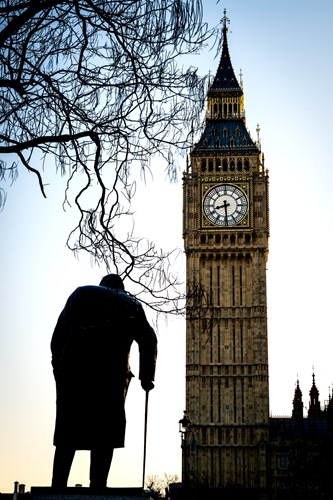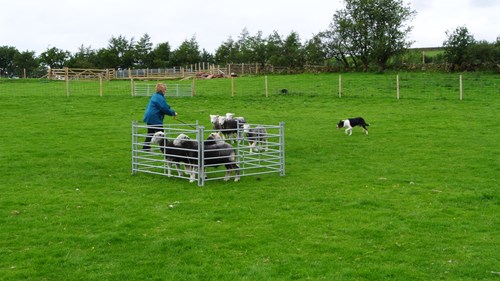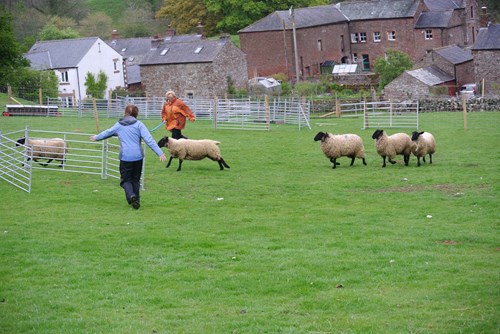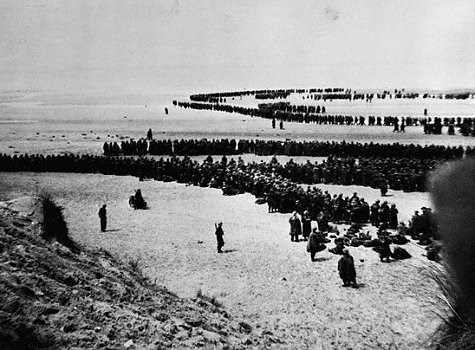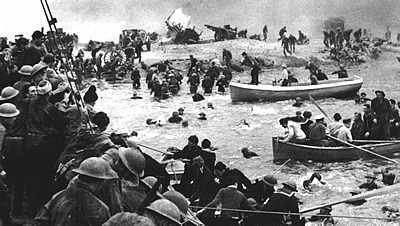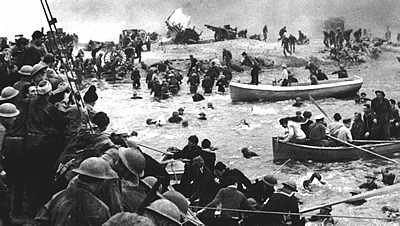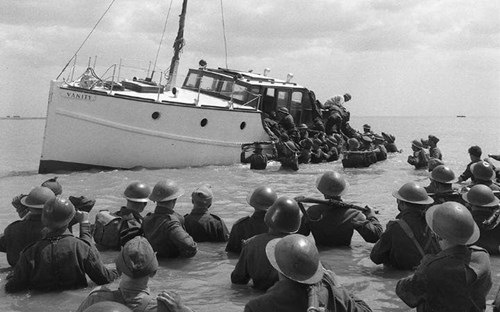As I sat down with a commitment to watch and support England at this year’s World Cup, I couldn’t help but feel the usual undertone of cynicism. Now, as we prepare for England vs. Croatia at tonight’s World Cup semi-final, I’ve found myself eating my words. In fact, I’ve contracted World-Cup-it-is and the ‘it’s coming home’ belief – we can do this!
I was born in 1968, so I have no recollection of 1966. In fact, my earliest World Cup memory is from 1978. As a 10-year-old, I wasn’t able to support England as they didn’t qualify for the second World Cup in a row. Our colour TV was tiny. The aerial was placed ever so precariously on the sideboard, balanced on top of an Encyclopaedia Britannica. But no England.
Come 1982, this disappointment was continuing to fester, as the football pundit Steven Scragg articulates perfectly:
“Of all the outlandish incidents in preparation for their first World Cup in 12 years 1982, it was Abubakar’s offer of witch doctor services that came from the outer reaches of left-field. Greenwood politely declined the kind offer, and instead took Don Howe as his trusted counsel.
Howe, despite his organisational talents, arguably proved to be the handbrake which stopped England reaching the business end of Spain 82. Greenwood and Howe acted as two polarising counterpoints.
Greenwood, one of the great free-thinkers of the English game and an advocate of open and attacking football, was offset by the caution and conservatism of Howe. Had the sliding scale between the two been tilted a degree or so more towards Greenwood than it was, then Ron’s 22 might well have gone all the way to glory.” - Steven Scragg, These Football Times
With the hopes of a nation on their shoulders, it felt impossible to not dwell on what could have been achieved. The balance between risk aversion and risk taking is delicate. In the right hands, this can propel teams to not only meet expectations, but also to exceed them.
As England supporters, we have been criticised by fans and pundits world-wide for our apparent apathy in supporting our team. With our own media tearing apart our players in the run-up to this year’s World Cup, can our earlier apathy be put down to loss aversion? As a win seemed so unlikely (and almost farcical), was it easier to protect our pride by openly ridiculing our chances, instead of pinning our hopes on acquiring a gain through a win?
This brings me to the role of leadership and culture, and the inspiring and awe-inducing role Gareth Southgate is playing in England’s success as their manager.
Unlike so many of his predecessors and dare I say, many of his contemporaries, he strikes me as a thoughtful, passionate and considered leader. Drawing from his own experiences as an England player, Southgate has achieved an admirable transformation. In fact, it’s been so natural and organic that the uproar surrounding his initial appointment now seems laughable. Like many, I questioned his authority, his experience and his ability to lead.
Well, the quiet man has shown us. As a nation, we have seen him rise to the challenge. In a recent interview, Southgate stated “if players feel you respect them, they are more likely to follow you.”
Take a second to read that quote again.
Southgate continued, saying “I like players to know what responsibility they own; to think and act about what we are asking them to do, to have an opinion on the way we are asking them to play and the way we are asking them to train. I think if the players have some ownership of what's going on, then that's going to help them make better decisions on the field and also buy into the way that we are trying to progress.”
“I like the players to speak up in meetings... like them to have an opinion on the game, because in the 85th minute they have got to make a decision that might win or lose the game and we can't make all those decisions from the side-line.”
Now, we must talk about England’s current position. In their latest game against Sweden, apprehensions had been high that Sweden would out-play England. See, Sweden’s reputation was formidable. They regularly play as one tight unit, entirely in-sync with one another. England displayed a united front, with each player rising to the challenge. Kane’s delegation of the ball to other players led to England’s two goals, and it was invigorating to watch their success.
I feel privileged to work alongside and within the NHS. Our work starts by exploring what’s important to the people we are supporting. We need to identify their motivators and support their purpose. Southgate puts it like this: “I think it is important to get a feel of what motivates the individual.”
Psychologists and neuro-science have been used to support England’s team, management and support network. They work with the brain, understanding the power that lies within it.
Our NHS and Social Care teams live in a pressured world where quality, cost reductions and results matter. In our work, problems of performance in places like acute trusts and accountable care systems are answered by more regulation, guidance that tells people what to do, legislation, KPIs and targets. These ‘changes’ are being driven by people who think they can inspect improvement into performance, when in actuality this reduces creativity and often impacts upon patient experience and outcomes.
Lessons from Southgate:
- Leaders are visible, have a vision and share it, often.
- Leaders create the time and place for good people to do great things.
- Great leadership come from all types of people.
- We must create the environment for people to be their best, even in the penalty shoot-out.
By giving each player the freedom to express their talents, Southgate is facilitating and allowing players to create their own history. By developing individuals on a player-by-player basis, Southgate is improving the overall team. Individuals are being given the opportunity to be accountable for their own results.
Leadership and great teams are built on functional relationships that demonstrate 4 key attributes, and they blend into seamless high performance:
- Team members trust one another.
- Team members engage in unfiltered conflict around their ideas.
- Team members commit to decisions and plans of action.
- Team members hold one another to account for delivering against those ideas and plans.
This encourages people to play a part larger than their job or role. This commitment goes beyond a contract - everyone has clarity of the plan; they know where they are in this plan and they commit to action.
What’s coming home is a team committed to a purpose - to enjoy playing their best football, no regrets - led by a manager/leader who has been to the pit of failure and built a vision and purpose to achieve his best and wow, he is.
This model works, and we need to support our nurses, doctors, managers, operational health and social carers to reconnect with their purpose to make a difference to society, building wellness and resilience. We need to offer the support and resources that will help them to be confident in making decisions in the lived environment of work, to speak up in meetings and to have an opinion on the way this should be done to get actions. I call this thinking out loud and ‘I intend to…’
This builds capability and allows creativity and ideation to grow and blossom. We have to celebrate those who ‘Make Better Happen’. What is your commitment to the people you lead? What will be different for you tomorrow?
- Stuart
 collective voice
collective voice
